A Parents guide to Piano Lessons

Many parents often ask for some guidance as to their role in the Forte Music Education Programme, and the requirements of the course. Some of the frequently asked questions are answered below, in the hope that you and your child can enjoy the benefits and develop a life long love of music.
Do I need a keyboard or piano?
Yes. For beginner courses (Junior Keys & Piano Keys) you will need at least a four octave (49 note) keyboard with full size keys, or a piano. When your child moves on to the advanced course (Creative Keys), you will need a 7 octave weighted keyboard or a Piano. Your Forte school will be happy to provide you with information on the ideal instruments. An instrument is not required for Music is Fun or Jungle Music.
Does my child need to practise?
Yes, but remember it is important to understand that a parent or caregiver is involved in the practise. Four to seven year olds need lots of support and encouragement. They are not very good at practising alone. Practice time is a great opportunity to develop that special relationship with your child.
In terms of length of time, you will need to practise 5-10 minutes each day. In Junior Keys level one, 5 minutes, levels 2 & 3, 10 minutes; and level 4 10-15 minutes; Piano Keys about 10 minutes. In Music is Fun you will receive a “Parent Information Sheet” with suggested home activities. A little each day is better than a long practice once a week.
What should be done in practise time?
Always try to start a practise session with a song that your child really enjoys. Then play through the songs on the homework sheet, three or four times, include actions and singing prior to playing the keyboard/piano. It is a good idea to complete homework from the Fun Book early in the week - then it’s done! Try to finish the practise with a favourite song. Listen to your tape/CD outside of practise time, eg. in car, or playing in the background at home.
What is the best time to practise?
The first thing in the morning seems to be a good time for most but if another time works for you, great. The important thing is to try to make it the same time each day, so that you can establish a routine. Be careful not to choose a time that is taking your child away from playing with friends, or some other enjoyable activity. Placing practise time before an enjoyable activity can be good motivation.

Where is the best place to have your piano or keyboard set up?
It is always best to have the instrument in a room where your child can still be part of the family. Children do not like to be left alone to practise, they enjoy playing for other members of the family and are usually motivated by the thought of giving a concert. If you have a portable keyboard, try to have it permanently set up so that you don’t have to get it out each time you want to use it. Avoid the TV room or ensure the TV is switched off.
How do we keep the practice on going?
Your positive attitude towards it is very important. Don’t make it too hard for them, your teacher will guide you. “Crawling before you walk” is really important. Children may begin to resent practise time if its too hard or pressured. Try to be happy with what your child is doing, and if your child is struggling, speak to your teacher at the next lesson.

Your presence and support at practise time will make a huge difference. Children need and thrive on your help and guidance. Try to be enthusiastic about spending time with your child. It is very difficult to appear enthusiastic when you are exhausted, however, if children pick up negativity, they also tend to become negative. Try to pick a time that’s good for you too.
Encouragement is a great motivator. “That sounds great, Sally” will develop great self-esteem. Always try to accentuate the positive. Encourage them to play for your family and friends.
Rewards - stickers, stamps, certificates, a favourite television programme or anything which you know the child enjoys make good incentives. Star charts and practice charts are a great start.
Do we have to attend every lesson?
It is important to attend every lesson. Sickness is unavoidable, however some people feel that there is no point coming if they have been too busy to practise with the child during the week. Alternatively, they may take on another engagement when invited, because they feel that the child is only young, and it won’t matter if they miss a lesson or two. Continuity is really important at this age. It is a totally new experience for the children.

As well as learning about music, children are also learning wonderful social skills like: how to work as a team with other children, how to respond to directions givenby the teacher, and to work with other parents. This development breaks down if lessons are missed and the continuity is lost.
Do I have to go as well?
Children need to feel secure when they are embarking on a new experience, therefore we always encourage the same parent or caregiver attends with the children each week. We understand that this is not always possible, so if it is a choice between not coming, or sending another adult, it would be better for another adult to attend. If you are sending someone else along, it would be good to ring the school on the morning of the lesson, so that the admin team are aware of the situation and can show the person which room to go to, etc. Often problems arise because the accompanying adult is feeling insecure and can’t cope. Participation is optional for parents of year 1 & 2 children.
Some other important questions...
Do some children lose interest in Music?
Sometimes, however there are lots of reasons for children losing interest in music, some are simple and can be easily fixed, while others can be a little more complex. It’s really important to speak to your teacher, as soon as you notice any waning of interest. Here is a list of some of the main reasons behind a loss of interest:
Music is becoming more difficult and the child has a fear of failure, or a perfectionist streak.
Music is too easy and not challenging enough.
Music lessons interfere with child’s playtime with friends.
A child misses some lessons, falls behind, doesn’t want to come anymore because he/she can’t keep up with the class.
The instrument at home is not appropriate, or parents have not purchased an instrument.
The child is scared of performing solos for the class.
School becomes difficult, child’s confidence and self esteem plummet, this can then affect attitude to music.
Disruptions within the family ie. new baby, moving house, parents away on holidays, marriage break up, a parent becoming unemployed, mum or dad taking on full time work. All of these usually mean that parents are too stressed or too busy to practise with the child. The child may feel unsupported and unable to cope with music
Your expectations might be too high and your child feels pressured and overwhelmed by the thought of having to be perfect.
The musical background of the parents. If parents were forced to practise as a child, and hated it, they usually swing the other way, and at the first sign of their child not wanting to practise, they won’t push it because of their experience.
There are many more reasons for loss of interest. The most important thing is to tell someone if you suspect that there is a problem. A conflict situation or power struggle can often be resolved or even avoided if you talk with your teacher or your Forte school admin. Both teachers and admin staff have had lots of experience and would be delighted to help.
My child can’t read music, what should I do?

Parents are often concerned that their children are not reading music, because the traditional method of teaching music, is to read the music first. After music reading was mastered some ear training may have been done. Traditionally, children would begin music tuition at eight years of age which is a peak time for the development of reading skills.
With Forte courses we are teaching children from the age of three to four. Children of this age are not able to read, so we spend time developing their aural skills and fine and gross motor skills, until they are learning to read at school. We do preliminary note reading exercises even with three to four year olds, so that they are able to recognise notes on the whiteboard or in their books. As they progress developmentally with their reading they will be able to transfer this knowledge across to the written word. If you are concerned about what to do, just let them enjoy music, help them with their note identification in the fun books, and sing along with them, try not to pressure them.
What am I expected to do in the classroom situation in order to help my child?
Parents need to be free to assist their child in the lesson, this is why we do not allow other siblings into the classroom. It is expected that the parent will encourage and discipline their own child when at the keyboard, as well as checking to see that they have the correct finger positions for each song. It is also the responsibility of the parent to find the correct page for the song being taught, assist the child by singing solfege with them and ensure that your child does not play the keyboard when the teacher is speaking. Always encourage correct posture when sitting at the keyboard.
What can I expect of the teacher in terms of discipline in the classroom?
The teacher will discipline the children when they are out at the piano, singing solfege, at the whiteboard, or participating in any activity which does not involve the parents.


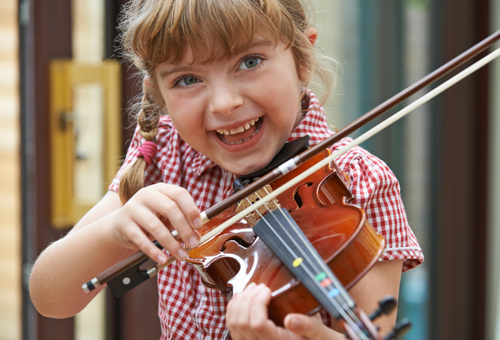
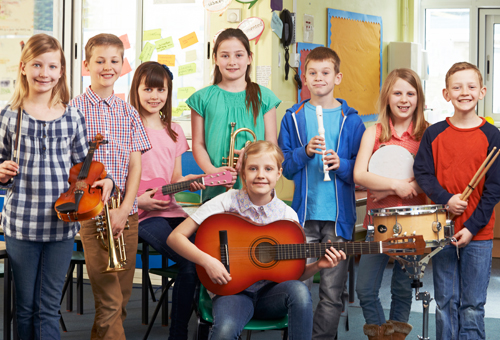
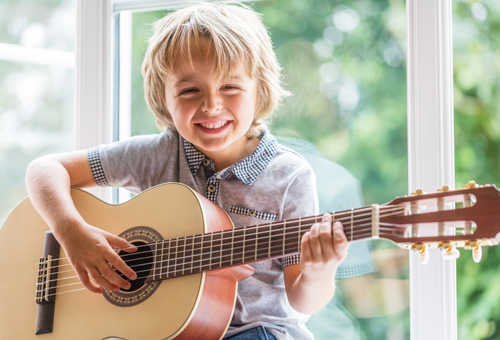
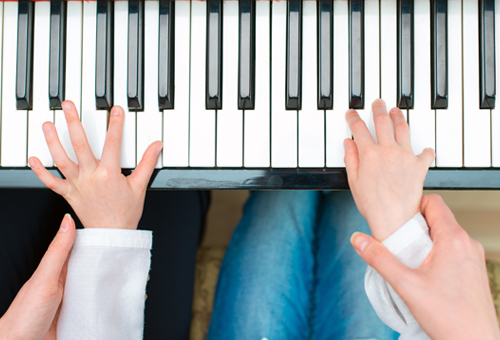



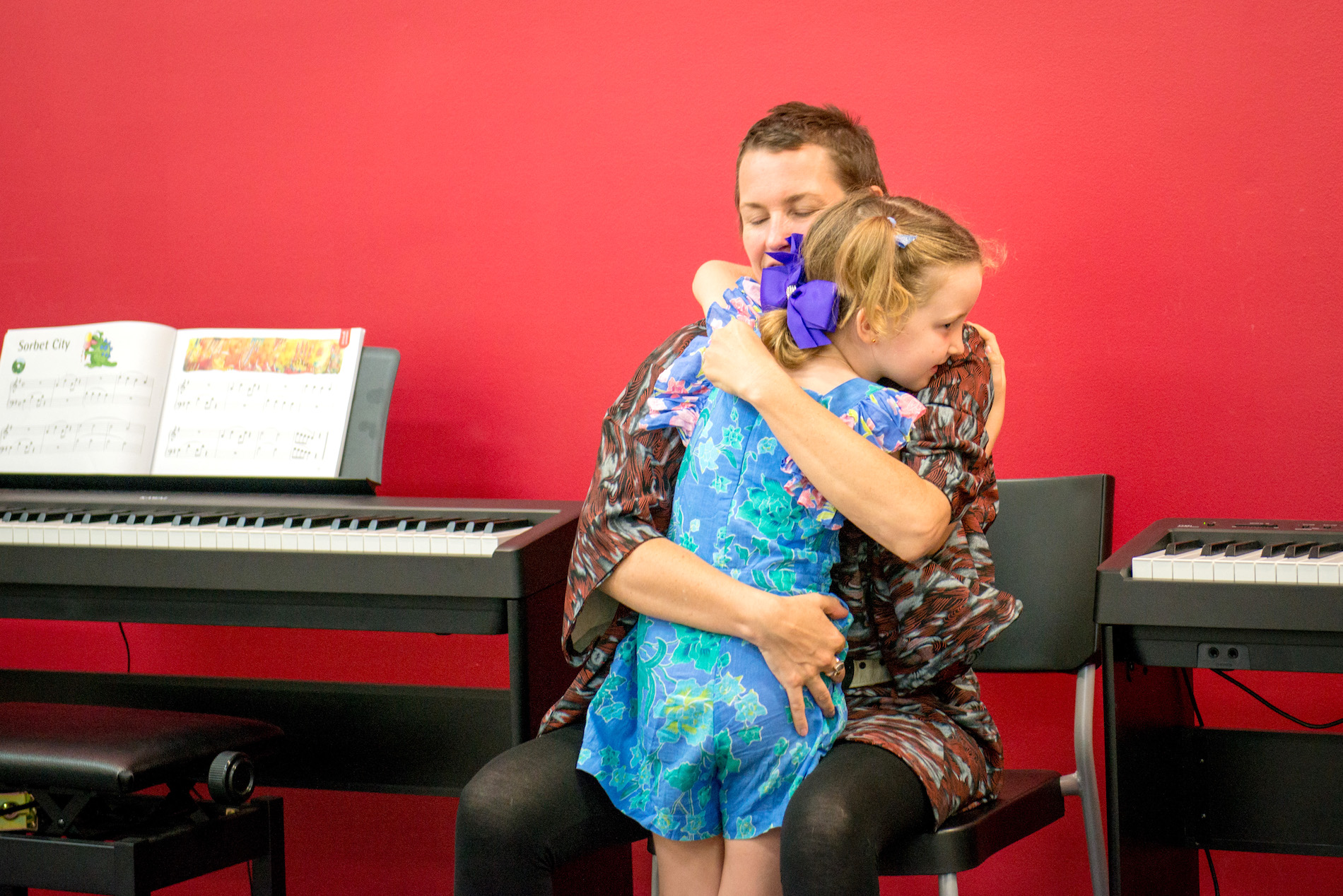
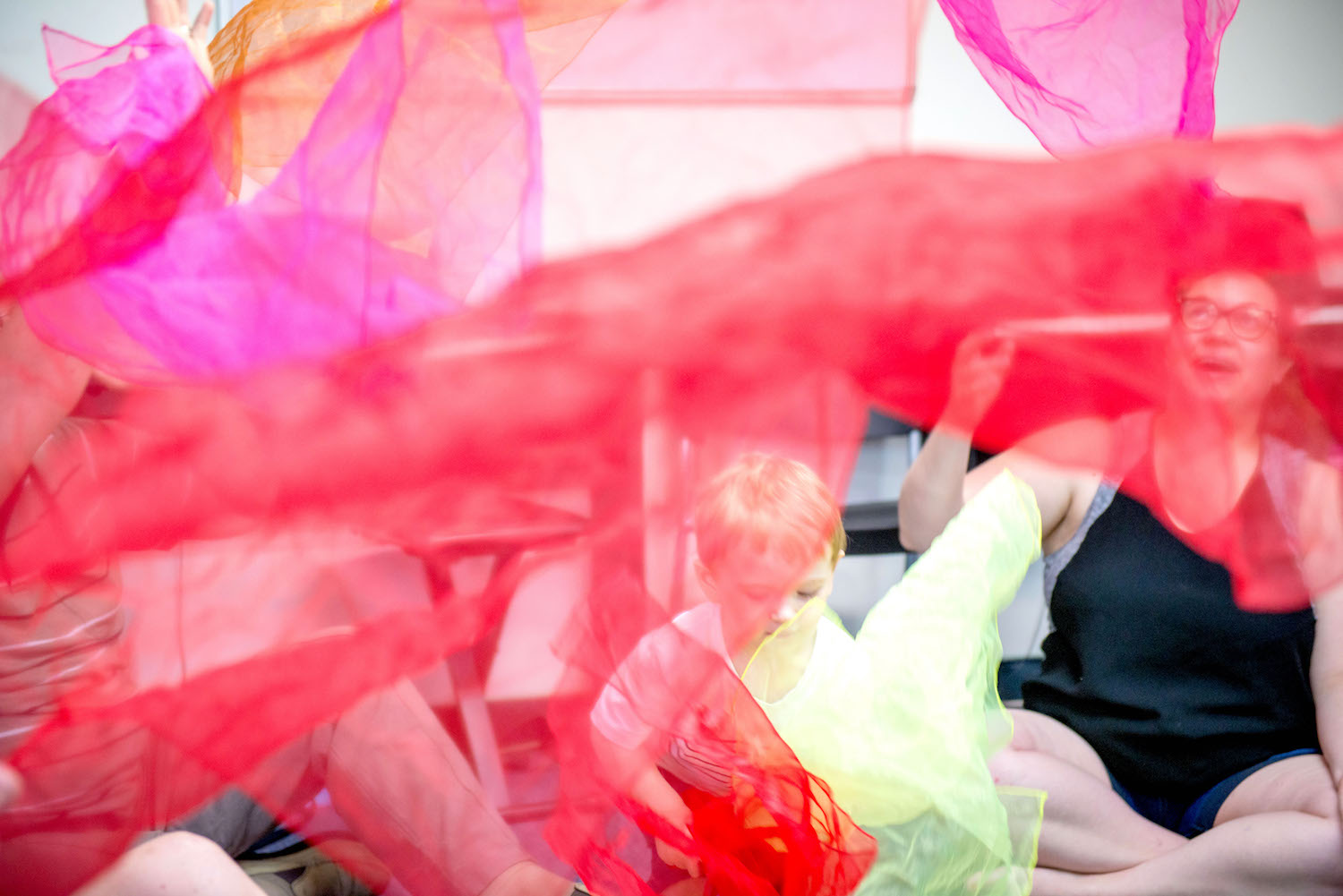





– SANDY